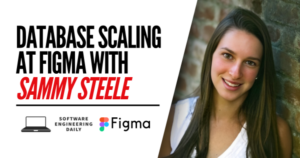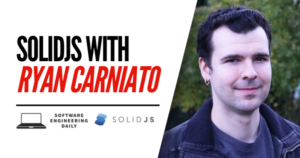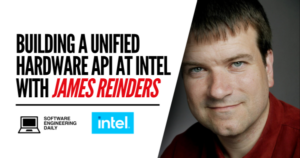Investment Games with Brian Singerman
Podcast: Play in new window | Download
Subscribe: RSS


Investing is an infinite game.
In a game, a player can formulate a strategy based on the available resources, the apparent variance of the environment, and the metagame of the other actors involved. For an investor, the game board includes companies, currencies, and people.
A successful game player can model their actions mathematically. They can describe a thesis for an in-game decision with clear language. Game players who reason through “gut feeling” do not perform well (unless their “gut” is aligned with correct mathematical heuristics). The same is true for investors. An investor who is going to be successful in the long term will be able to explain their investment thesis crisply.
Each investment represents a bet with the net positive expected value. The expected value of an investment is the sum of all potential probability-weighted future outcomes of a business. Each of those potential expected outcomes is the anticipated outcome times the probability that the investment works out in an anticipated way.
Brian Singerman is a computer scientist and partner at Founder’s Fund. He is on the board of Affirm, AltSchool, Emerald Therapeutics, and a variety of other companies in disparate areas. He also plays lots of board games. Brian was a lot of fun to talk to because he was willing to field questions from an expansive range of topics–and he answered them so quickly and concisely that I started to get nervous that I was going to run out of things to ask him.
Many of the businesses Brian has invested in do not have a well-defined historical precedent. If a venture capital investor was trying to make bets in defined “sectors” that investor would probably overlook a business like Forward (a vertically integrated healthcare company) or Cloud9 (a collection of esports teams).
If an investment does not have a historical precedent, it’s harder to reason about it by analogy. You have to judge it by fundamental reasoning: the current market, the capability of the founders, and the economics of the business model.
In many professions, reasoning by analogy will work out perfectly fine. You can pattern match on the past, and use that to justify decisions for the future. But if your professional livelihood depends on reasoning by fundamental principles, you get trained to assess situations that do not have precedent.
Transcript
Transcript provided by We Edit Podcasts. Software Engineering Daily listeners can go to weeditpodcasts.com/sed to get 20% off the first two months of audio editing and transcription services. Thanks to We Edit Podcasts for partnering with SE Daily. Please click here to view this show’s transcript.



















